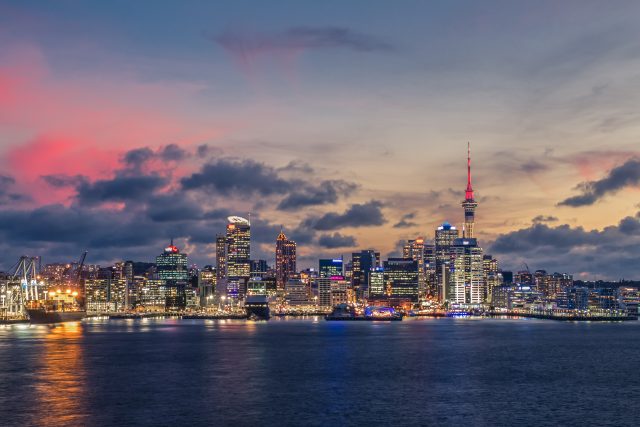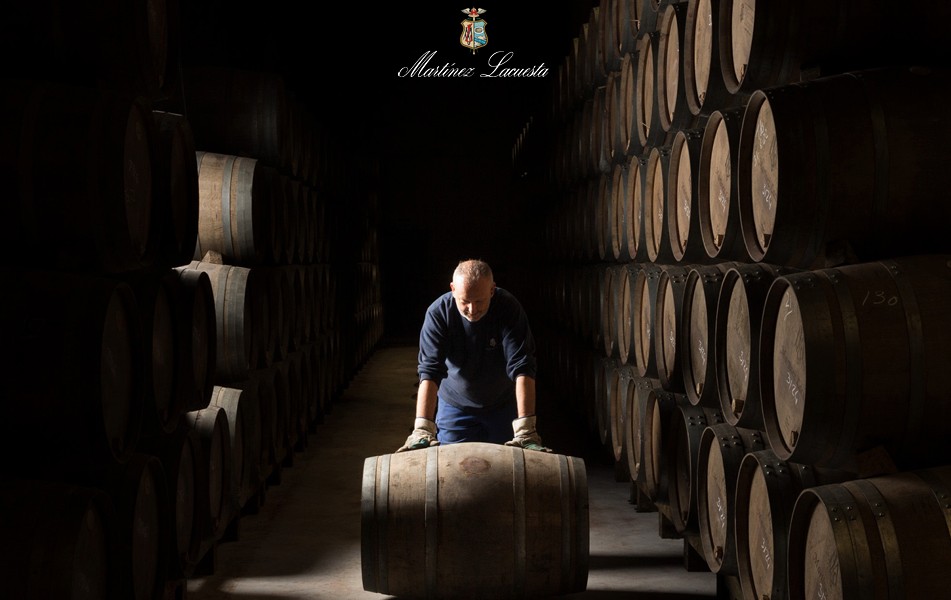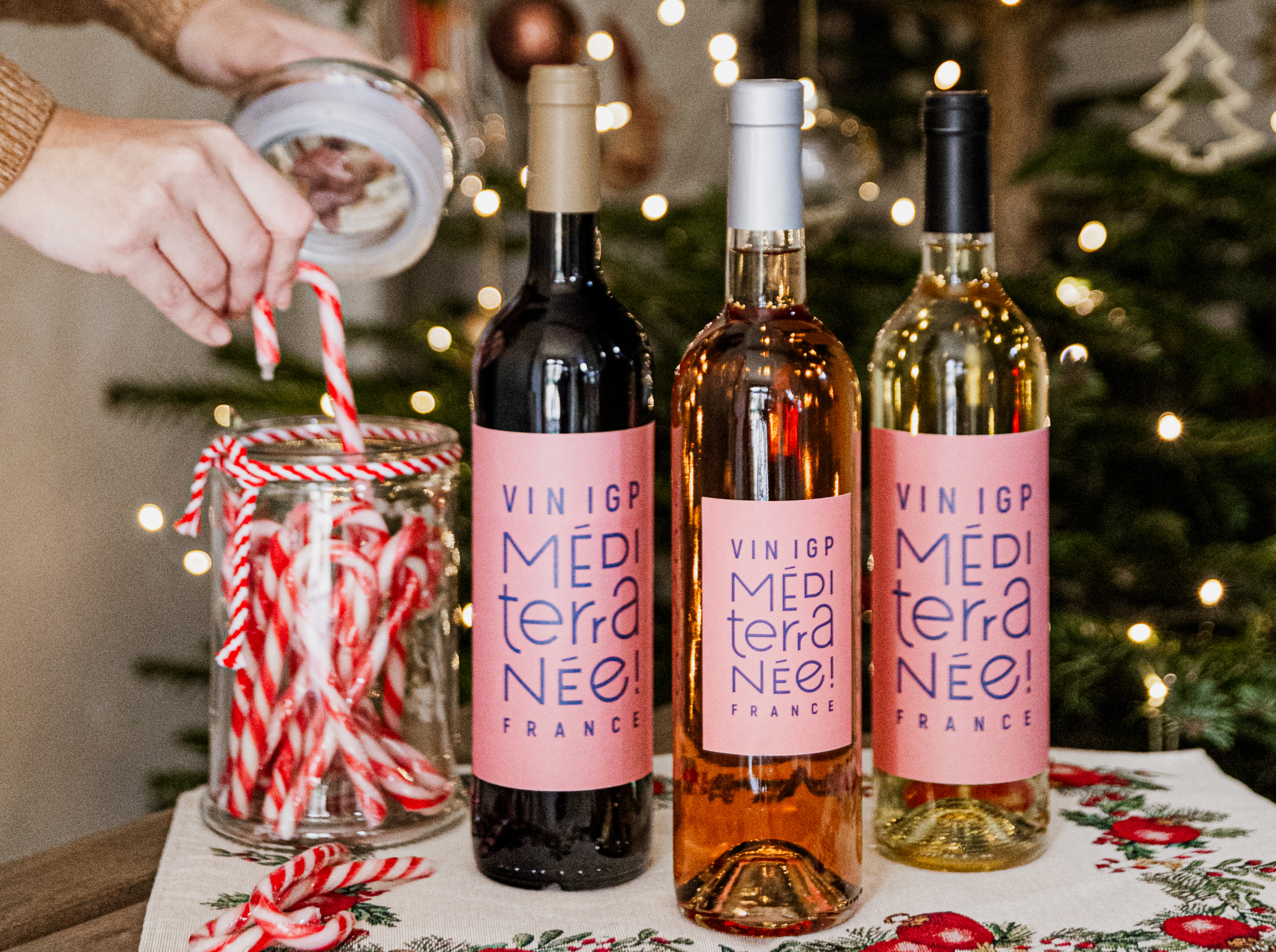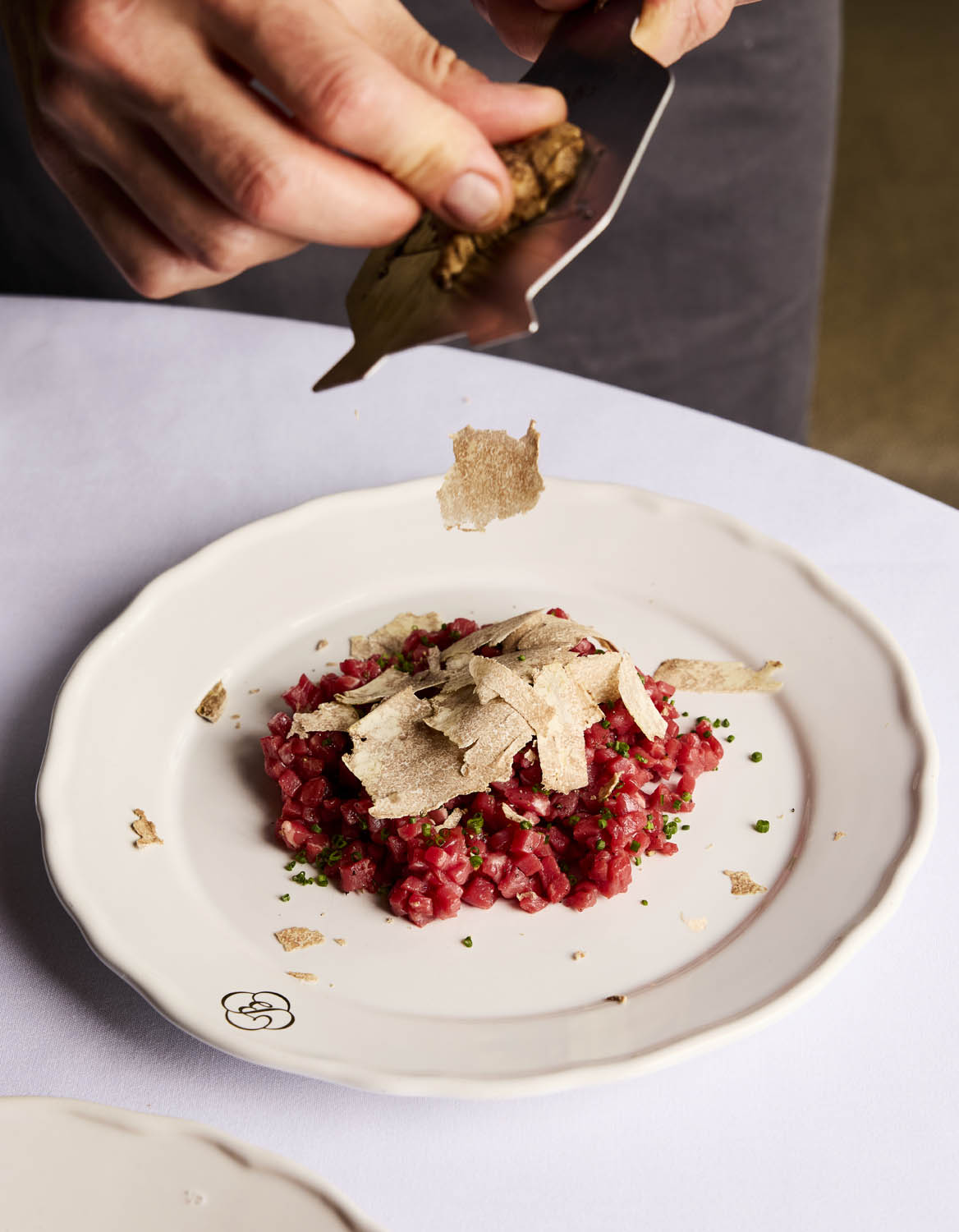Auckland brings in alcohol sales restrictions
Auckland Council has introduced a curfew which will ban off-trade sales of alcohol in the region on New Zealand’s North Island after 9pm.

The change was approved by Auckland Council in August of this year after a consultation period and came into effect on Monday 9 December.
“We know that excessive alcohol can have a damaging effect on people’s lives, and so we need to make changes that make a difference to this very real issue,” argued councillor Josephine Bartley. “Reducing the hours that alcohol is available, as well as the number of places it can be purchased means alcohol is less easy to access.”
The new rule means that premises such as licensed supermarkets and bottle shops will no longer be able to sell alcohol after 9pm, whereas bars and restaurants will be able to sell drinks until 4am in Auckland city centre, and as late as 3am outside of the centre, provided they are licensed to do so. Establishments such as sports clubs will be able to sell alcohol until 1am. The policy will be monitored by council members.
Other measures announced in August as part of the new ‘Local Alcohol Policy’ include greater restrictions on the opening of off-licenses over the next two years.
Liquor stores in the region, which has a population of more than 1.7 million, concentrated mainly in the city, have been critical of the change in trading hours.
Partner Content
Radio New Zealand heard from Parem Jeet Singh, the owner of Super Liquor Mount Wellington, who claimed that around 40% of its sales came after 9pm: “There’s going to be a huge loss in the business, which I’m worried about. We don’t know what’s going to happen.”
Retail NZ chief executive Carolyn Young told reporters that introducing the policy just before Christmas was unfortunate: “Probably timing-wise, from a retailers’ perspective, having that ease of transition, is not the easiest time of year to do it in.”
Young suggested that it would necessitate consumers changing their “shopping habits” by planning ahead when trying to buy bottles.
Auckland Council has said that it will report back on the effectiveness on the policy in 12 months.
The policy has some similarities to the temporary drinks restrictions that police have tried to introduce in the South African province of Limpopo during the festive period, though the new rules in Auckland are intended to be permanent.
Related news
‘The role of Ozempic isn’t just about reduced consumption, it’s about a shift in values’
Could Gen Z be giving up on abstinence?
Tesco thief banned from all UK supermarkets after £1.6k booze haul




